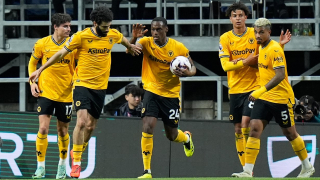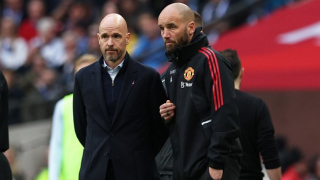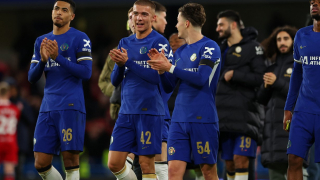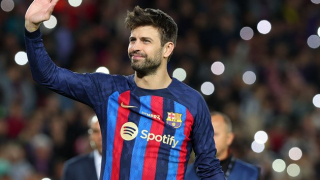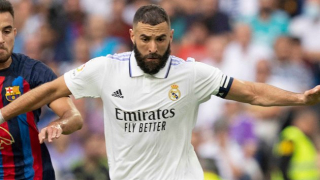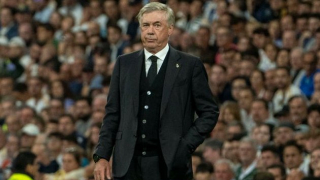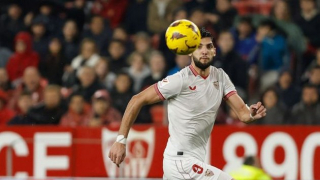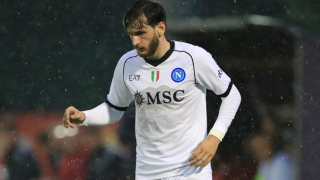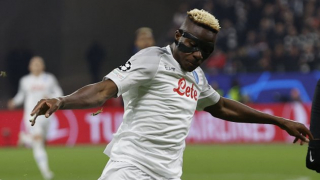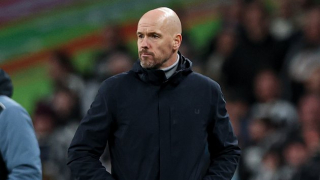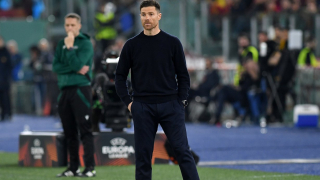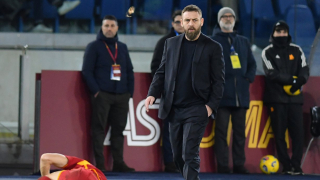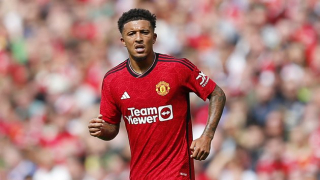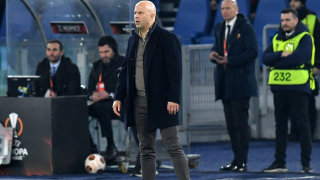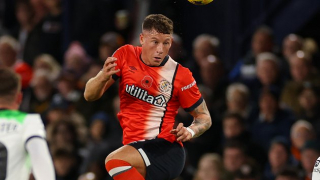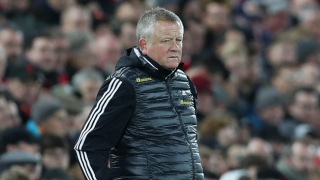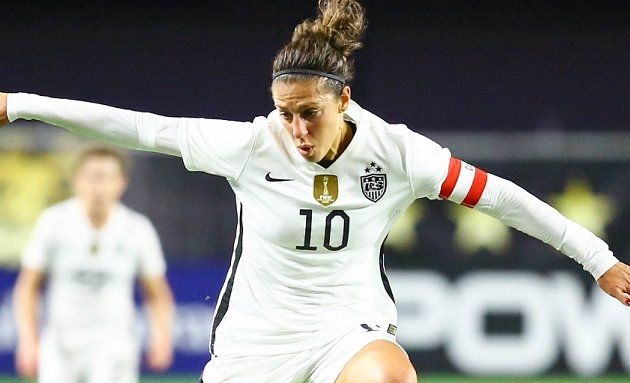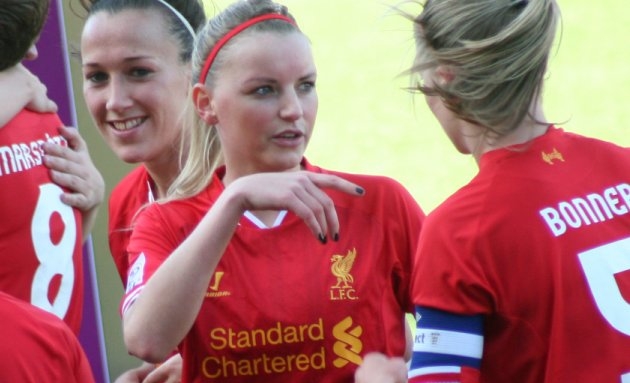This week we review Carli Lloyd's recently released bibliography “When Nobody Was Watching" and review last week's UEFA Championships Exciting Play-in series between Portugal and Romania.
Carli Lloyd's Book “When Nobody Was Watching"— A Review
Typically, books devoted to women's football are rare occurrences--usually anthologies or histories. This month has presented a feast for women's football devotees, with two biographies released—Carli Lloyd's “When Nobody Was Watching: My Hard Fought Journey to the Top of the Soccer World" and Abby Wambach's “Forward." This column will devote this week to reviewing Lloyd's book, and then review Wambach's in the next few weeks.
Carli Lloyd's autobiography is very written (experienced writer Wayne Coffey assisted Lloyd with the undertaking) and the reader will find it hard to put down. The reader will clearly understand that Lloyd always saw herself as shy but also very determined and dedicated to achieving success on the soccer field; she clearly qualifies as an apt role model to youth players. She comes across as sincere, no more so when discussing a difficult relationship with her immediate family, who she has had very little contact with even though Lloyd lives nearby to where she grew up in Southern New Jersey. Many readers will be able to relate to this—with some having gone through similar situations—and Lloyd describes how much the dispute bothers her and her point of view on the conflict, which in part was over the control and direction of her soccer career.
Soccerheads—as fans have lately been called in the States—will find a tremendous amount of detail on Lloyd's career. She played pickup soccer against boys and men—many from Turkey—while growing up and said, “I don't know it at the time, but this is the best thing I ever could've done for my development as a soccer player. There is so much to be gained from playing this sort of soccer, unconstrained by constant whistles and overzealous coaches hollering to do this or do that….Soccer has come a long way in the United States, but I believe our young players are overcoached, from too young an age. There is too much organization and not enough intuition and creativity. The more we encourage kids to just go out and play pickup games, the more they will love it and the faster they will improve." She referred to youth tryouts as, “Select players going for the same blue ribbon, as if we were prize pigs at the county fair," a sentiment that many players and parents can endorse. Also, as a youth player, she spent time taking shots at the end of practice from the midfield line—like basketball players do by shooting from half court. Presciently, her third goal against Japan in the 2015 Women's World Cup Final was from near midfield and she described what she saw and felt on that historic goal, that effectively gave the U.S. it's third Women's World Cup title—and first for 16 years—within the first twenty minutes of the game against the defending champions.
Lloyd reveals some interesting insights on power cliques within the U.S. women's national team. When Hope Solo was ostracized by her teammates after her comments at the 2007 World Cup semifinal in China—angry that she had been benched for the important game while teammate Brianna Scurry let in four goals against a rampant Brazil side (though her diatribe was largely directed at then head coach Greg Ryan rather than Scurry)—Lloyd explained that she continued to speak to Solo and sit by her on bus rides since they were good friends. As a result, Lloyd quickly found herself on the wrong side of the power brokers on the team.
One consistent soccer theme in the book is her dedication to her personal trainer James Galanis, who owns Universal Soccer Academy in New Jersey. Galanis was born in Greece but grew up in Australia and played in the National Soccer League—the top tier league before the A-League launched in—and even played for legendary Hungarian player and coach Ferenc Puskas. Galanis emigrated from Australia to the United States and has become a specialized trainer of professional level players. Besides Lloyd, Galanis has coached former U.S. national team defender Heather Mitts as well as Hope Solo and Ryan Finley, a U.S. youth international who played in Major League Soccer and then in Sweden and Denmark after college.
Galanis was the head coach of the Atlanta Beat in WPS in 2011, which finished last with a 1-4-13 (W-D-L) record for only 7 points and finished last, with Lloyd scoring 2 goals in 10 games during a World Cup season. I think some people in the game wrote off Galanis after that season but I spent some time with him at the Championship Game in Rochester—the last WPS game ever—and I was impressed with his vision of the game and his positive approach. A player that I had interviewed in the amateur ranks played for him in Atlanta and said that she learned a lot from him. The Beat was an impressive-looking organization from the outside—with a women's soccer specific stadium at Kennesaw State University in suburban Atlanta that is now used for men's American Football—but was a mess internally. The player budget was quite small and when team owner T. Fitz Johnson took over as WPS commissioner after the 2011 season—about all he did was postpone the 2012 season before later pronouncing the league as defunct. The Beat is not a reflection of Galanis' work as a coach but Carli Lloyd is and she praises him throughout the book. It will be interesting to see if Galanis receives consideration for future professional coaching positions as a result of this book—which would be richly deserved.
One slight shortcoming of the book is that Lloyd—probably for space reasons—gives a very cursory review of her time in WPS and NWSL. She provides a paragraph to the Chicago Red Stars in 2009—a team coached by now Chelsea manager Emma Hayes. Cristiane of Brazil was the international star of the side but largely took all season to get into shape, which could be said of a number of players because of the 6 year gap between the end of the WUSA in 2003 and WPS's launch—including virtually all of the 12 Mexican National Team allocated players. It would have been enlightening to have Lloyd's impression of the two leagues, since she has played every season of both entities, but this does not diminish the soccer insight that she provides; she just focuses on her national team experiences. Readers will find her story of the 2015 World Cup in Canada particularly fascinating, resulting in her historic hat-trick in a women's final—the first ever—within 16 minutes.
Carli Lloyd's book “When Nobody Was Watching" is a must read for women's soccer followers and hopefully sets a standard for future books on the women's game.
-Carli Lloyd with Wayne Coffee, “When Nobody Was Watching: My Hard Fought Journey to the Top of the Soccer World". Houghton Mifflin Harcourt Publishing Company, New York, 2016.-
Portugal Narrowly Wins European Championship Play-In Over Romania
Portugal advanced to their first senior women's tournament finals narrowly, after a two-leg 1-1 victory on away goals over Romania in the 2017 European Championship play-in round. Romania also has never made a UEFA, Women's World Cup or Olympics Final. With the expanded finals format next summer (up from 8 to 16 teams), Portugal joins Austria, Belgium, Scotland and Switzerland as other debutants at the EURO's, to be held in the Netherlands.
After a 0-0 draw in Lisbon on October 21 before a women's record crowd in Portugal of 3,415—in which Claudia Neto (Linkopings of Sweden) missed a penalty—the sides battled in Cluj in a match that was scoreless after 90 minutes and needed two overtime periods. Andreia Norton (Barcelona), a late substitute, scored the crucial goal for Portugal while Romania's Laura Rus tied up the match but Portugal advanced on the away goals rule. The crowd of 7,110 was a record for a home Romania women's international.
Portugal's narrow advantage was probably due in part to their players' extensive club experience abroad, led by defender Ana Borges, who has been with Chelsea for three seasons. Tatiana Pinto has played at Bristol City (now in WSL2) for two years after two previous seasons with SC Sand in Germany.
Midfielder Amanda DaCosta (Chicago Red Stars)—a former guest contributor to Tribal Football—late last year gave up her hopes of playing for her native U.S. and agreed to play for Portugal, who she qualified for through FIFA's ancestry rules DaCosta won two Super League titles with Liverpool. Suzane Pires (ex-Southern Connecticut State University) was born in Brazil and played with the Boston Breakers in 2015.
German-based players include defender Carole Costa of Cloppenburg of the second division, who she joined after years with Duisburg and Essen; midfielder Ana Leite of Duisburg; midfielder Jacome Silva who spent two seasons with Jena of Germany after playing for years with Duisburg; and German born Ana Cristina Leite, who plays with Leverkusen, after previous seasons with Monchengladbach, Essen and Duisburg.
Sweden-based midfielder Claudia Neto of Linkopings won the Damallsvenskan title this season. A fellow reporter in Sweden described her play for the club over the past three seasons as: “Terrific—she doesn't score often but that's not her role and she fits into Linkopings' style of play perfectly." Carolina Mendes spent this season with Djurgarden after two years in Russia with Rossiyanka and time in Italy with Romangna.
For Romania most of the players are based at home with Olimpia Cluj. Olimpia Cluj has made the UEFA Champions League for the last six seasons, advancing to the Round of 16 in 2012-13. Romania only has a few players with clubs abroad: defender Maria Ficzay plays with Medyk Konin of Poland, defender Florentina Olar and forward Laura Rus play with Fortuna of Denmark (Rus spent time in Spain and Cyprus and once trialed for Everton Ladies in 2011) and midfielder Raluca Sarghe and forward Cosmina Dusa are with Konak of Turkey.
Interestingly, Romania has two friendly matches scheduled this month versus the United States in California this month, which instead of being key preparation matches for next summer's Euros, become more developmental in nature with a longer term purpose in mind.
Next summer's field for the UEFA Championships include: Netherlands (hosts), Germany (holders), Austria*, Belgium*, Denmark*, England, France, Iceland, Italy*, Norway, Russia*, Scotland*, Spain, Sweden, and Switzerland
*Finished runners-up in their group
Final best runners-up standings
1 Scotland 15pts, GD +10, scored 16
2 Denmark 13, +12, 13
3 Italy 12, +6, 13
4 Belgium 11, +11, 16
5 Austria 11, +9, 13
6 Russia 10, +3, 12
-------------------------
7 Romania 10,+3, 11
8 Portugal 7, -4, 6
*Second Place Statistics are courtesy UEFA.com.
Tim Grainey is a contributor to Tribalfootball. His latest book is Beyond Bend it Like Beckham on the global game of women's football. Get your copy today.
Follow Tim on Twitter: @TimGrainey

